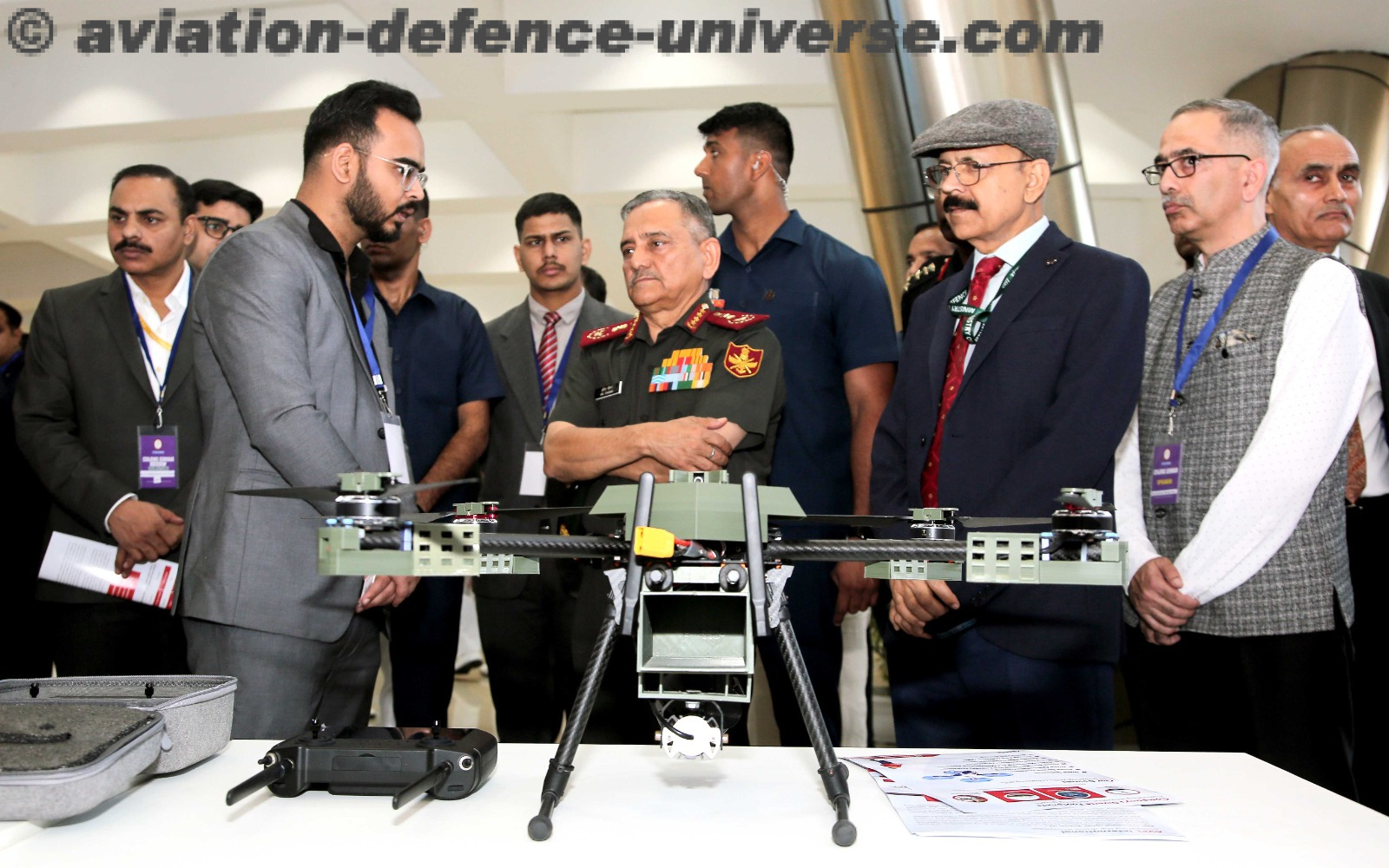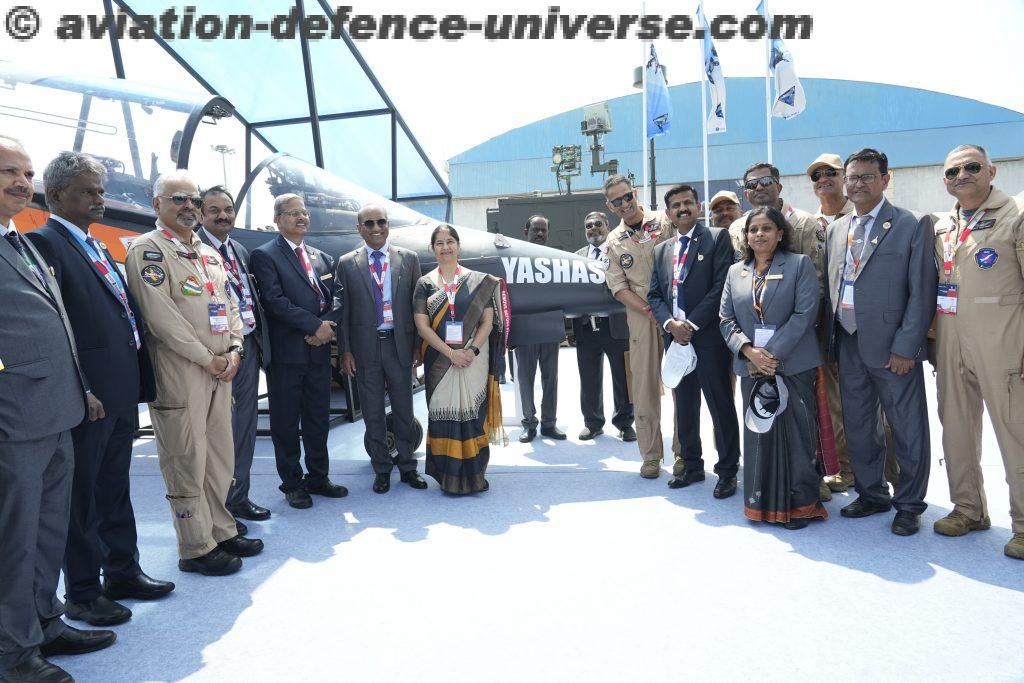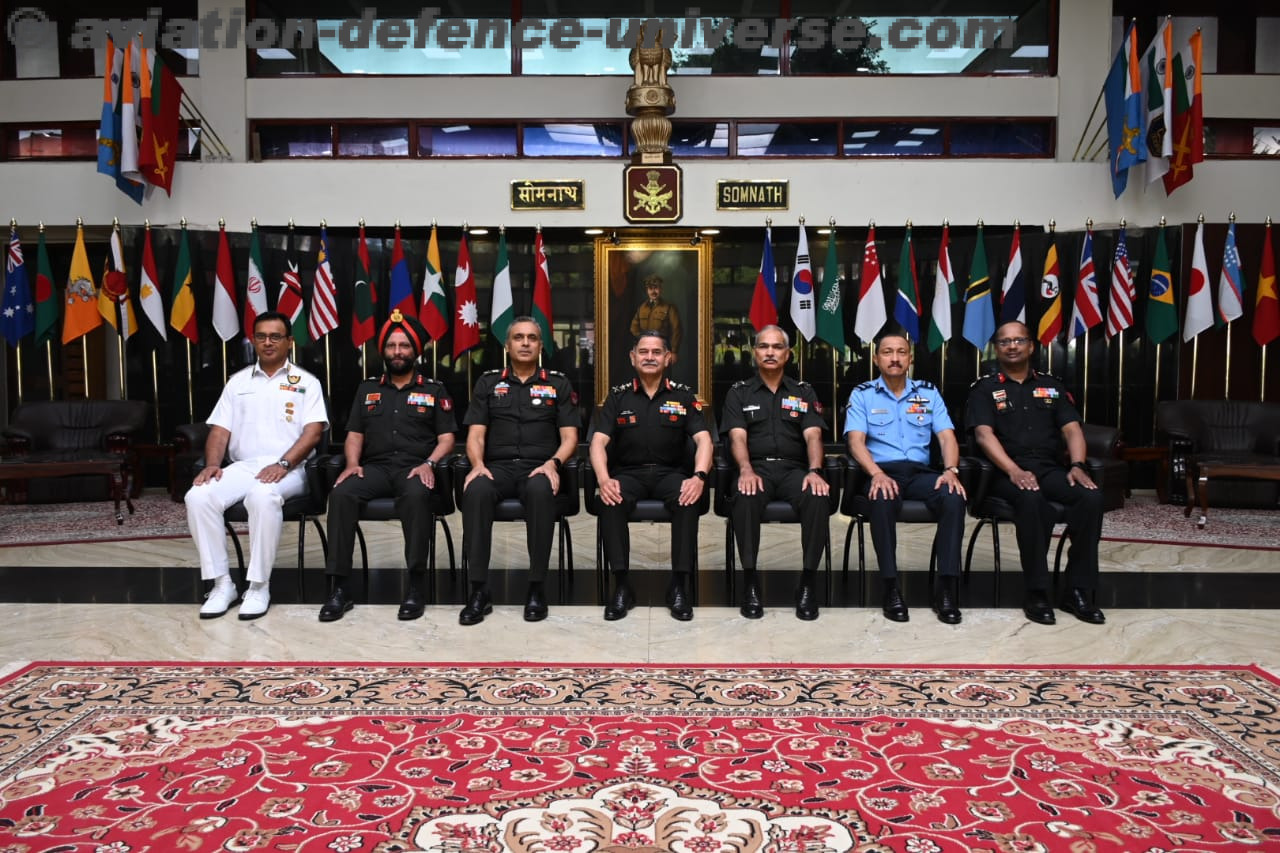Ashburn, Va. . 27 September 2021. Curtiss-Wright’s Defense Solutions, today announced it was awarded a contract by Raytheon Technologies to provide its rugged modular open system approach (MOSA)-based processor and networking modules for use in the NextGen SMP (Next Generation Special Mission Processor). The NextGen SMP serves as the central processing component of the AC/MC-130J aircraft (also known as the Ghostrider and Commando II). Under the contract, Curtiss-Wright is supplying Raytheon Intelligence & Space with its rugged OpenVPX open standard architecture single board computers (VPX3-1260 and VPX3-152), Ethernet switch (VPX3-687), and Ethernet router (VPX3-685) modules. Shipments, which began in 2021, are scheduled to run through 2032.
“We are very proud to have been selected by Raytheon Technologies to support the flexible and reconfigurable NextGen SMP with our rugged COTS open-standard processing technology,” said Chris Wiltsey, Senior Vice President and General Manager, Curtiss-Wright Defense Solutions. “Curtiss-Wright has been a champion of MOSA architectures for many years, and we are excited to see the many advantages of open-computing COTS solutions, including obsolescence mitigation, leveraged for this important Air Force program.”
According to the DoD, the use of MOSA solutions is expected to “support a more rapid evolution of capabilities and technologies throughout the product life cycle through the use of architecture modularity, open systems standards, and appropriate business practices.” The DoD now mandates the use of MOSA solutions in all requirements, programming and development activities for future weapon system modifications and new start development programs to the maximum extent possible.
The NextGen SMP provides the Air Force Special Operations Command (AFSOC) with secure commercial-off-the-shelf mission systems, such as the Raytheon Technologies’ Terrain Following Silent Knight Radar, to integrate with the aircraft displays, sensors, and other onboard systems. The NextGen SMP solution is based on an open-computing environment that addresses obsolescence and enables rapid deployment of third-party application software to the Air Force.
























































































































